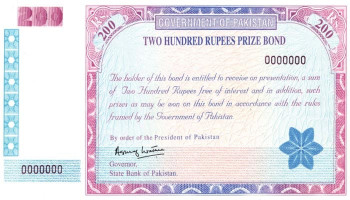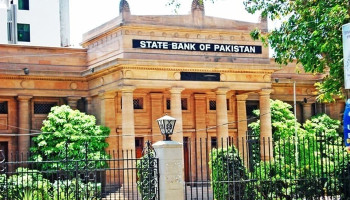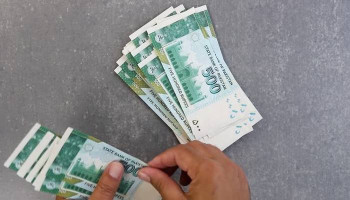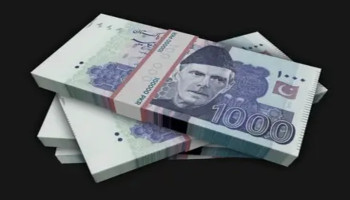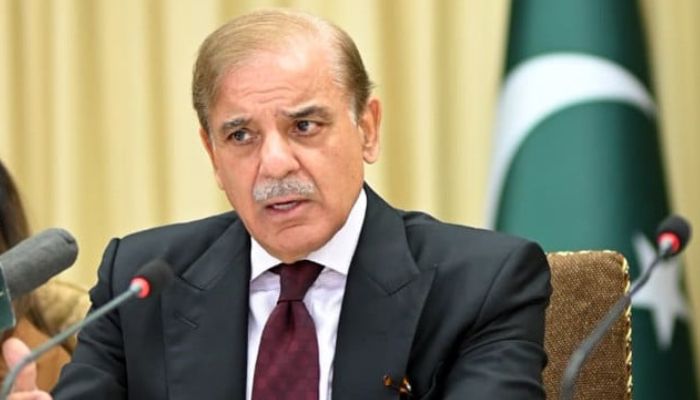
Prime Minister Shehbaz Sharif announced a decrease in electricity rates for domestic users by Rs7.41 per unit, dropping it to Rs34 per unit. He further lowered power tariffs for industrial users by Rs7.59 per unit to ease costs and ensure assistance to industry as well as bolster Pakistan's economy.
Addressing a special gathering of government representatives and business leaders, the prime minister highlighted economic development, stating that inflation had declined from 38% to single digits, and interest rates had declined from 22% to 12%.
Shehbaz govt aims to ease economic burden
He attributed the efforts of the government for averting an economic crisis, stating that when they came into power, Pakistan was on the verge of default and finding it difficult to negotiate with the International Monetary Fund (IMF).
PM Shehbaz stressed that lowering electricity rates is essential for economic development because lower power prices have a direct effect on industry, trade, and agriculture. He revealed that the government persuaded the IMF to permit a reduction in power tariffs rather than a reduction in petrol prices, bringing relief to the masses. At the same time, he made it clear that subsidies are not feasible under the IMF programme.
Moreover, the prime minister also spoke about independent power producers (IPPs) and called upon them to serve the national interest after they had earned huge profits. Further, he gave a permanent solution for Pakistan's circular debt, which is Rs2,393 billion now. He promised that the debt would be fully settled in five years.





